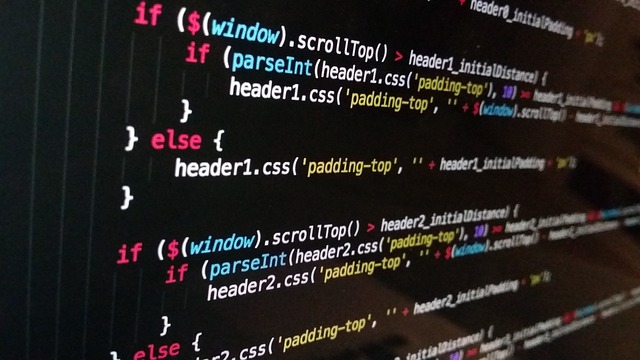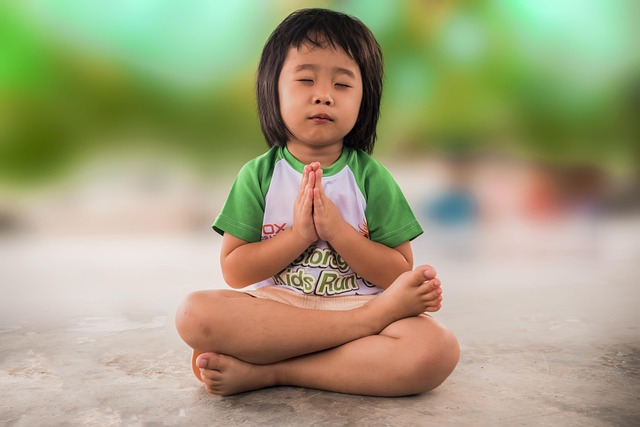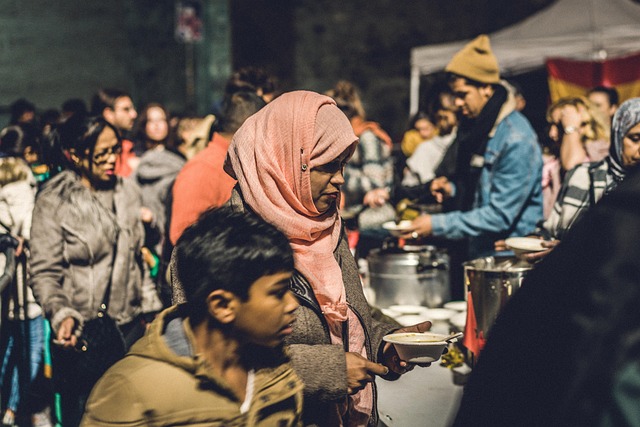Embracing Unity: The Role of Religion in Community-building Programs
In an age where division often seems to overshadow connection, the importance of community-building programs cannot be overstated. These initiatives serve as vital links among individuals, fostering a sense of belonging and shared purpose. One of the most powerful facets of community-building is its intersection with religion, nurturing not just personal faith but also communal bonds.
Religion has long been a cornerstone in the formation of communities. It provides a framework for moral values, shared rituals, and collective experiences that unify people from various walks of life. Through ceremonies, gatherings, and shared beliefs, individuals discover a sense of identity that transcends individual differences. This is the essence of many successful community-building programs that leverage faith as a unifying force.
Consider, for instance, interfaith dialogues and cooperation initiatives. These programs bring together individuals from diverse religious backgrounds to engage in meaningful conversation and collaborative activities. By focusing on common goals—such as social justice, environmental stewardship, or humanitarian efforts—participants discover that their shared humanity often outweighs their theological differences. Such interactions inspire empathy and understanding, forging stronger community ties that resonate beyond the walls of any one place of worship.
Many religious organizations have recognized the potential of partnership in community-building programs. Churches, mosques, synagogues, and temples often work hand-in-hand with local service agencies to address pressing needs within their communities. Whether organizing food drives, offering educational workshops, or hosting health fairs, these faith-based initiatives not only meet immediate social needs but also cultivate lasting relationships among participants and volunteers alike.
Moreover, religion imbues community-building programs with a sense of purpose and commitment. Faith often drives individuals to contribute their time, energy, and resources toward the greater good. This commitment manifests in various ways, such as mentorship programs for youth, support for the elderly, and outreach efforts to marginalized groups. By leveraging their congregations’ strengths, religious organizations play an instrumental role in shaping inclusive communities that celebrate diversity and foster solidarity.
A key element of successful community-building programs is the intentional creation of safe spaces where individuals feel valued and heard. Religious settings inherently provide such spaces, encouraging open dialogue and genuine relationships. Here, members can share their stories, struggles, and victories, creating a tapestry of interconnected lives that reflect understanding and respect. This environment is crucial for healing divisions and building resilience against the challenges that communities face.
As we embrace unity within our communities, it is essential to recognize the role religion can play in fostering connections. By participating in or initiating community-building programs that draw upon the richness of diverse faith traditions, we can refocus our collective energies towards reconciliation, collaboration, and love. The seeds of unity, planted through shared values and mutual respect, are bound to flourish into thriving, inclusive communities that celebrate not only their differences but also their common humanity.




